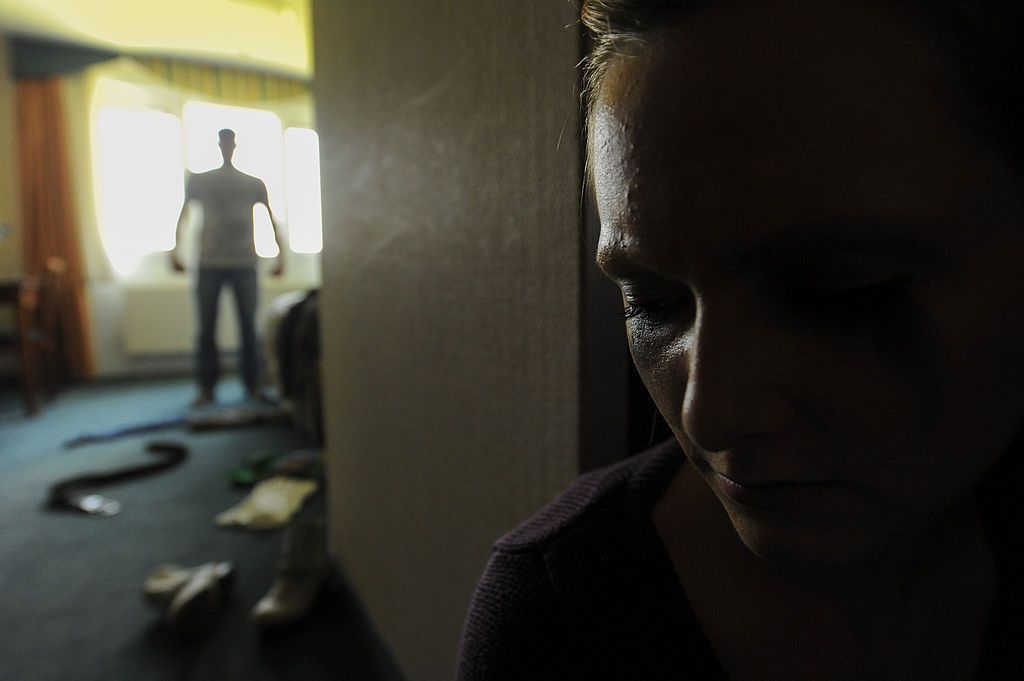A huge World Health Organization analysis of 366 global studies of domestic violence towards women and girls, encompassing 161 countries, reveals that 23 percent of women in Denmark aged 15-49 have been subjected to either physical or sexual violence from their partner, or both, on at least one occasion.
Globally, the figure is 27 percent of the demographic. Of these, 24 percent had already experienced violence between the ages of 15 and 19.
Worsened by corona
The studies were chiefly carried out in 2000 and 2018, and it is widely feared that corona has made the problem even worse.
“The figures are alarming, and [further] research has shown that the pandemic has exacerbated problems leading to intimate partner violence,” said one of the WHO researchers, Claudia García-Moreno.
“Problems include isolation, depression and anxiety and alcohol use, as well as reduced access to support services.”
Fatal consequences
Violence in the household can have long-lasting consequences for both the victim and their children. They can also be fatal.
Globally, 38-50 percent of the murders of women are committed by their partners, according to a 2013 study.
According to the European Institute for Gender Equality, 600 women were murdered by an intimate partner, family member, or a relative in the 14 EU Member States that shared their data. There is no such data shared for Denmark.
Gender equality on the line
The aim of the study was to shed light on one of the 17 UN goals for 2030: Goal number 5: to achieve gender equality and empower all women and girls.
Among other things, this goal aims to end violence against women: “All forms of violence against all women and girls in public and private spaces must be eliminated.”
According to the researchers, stepping up efforts to prevent intimate partner violence is crucial to achieving the goal.
















